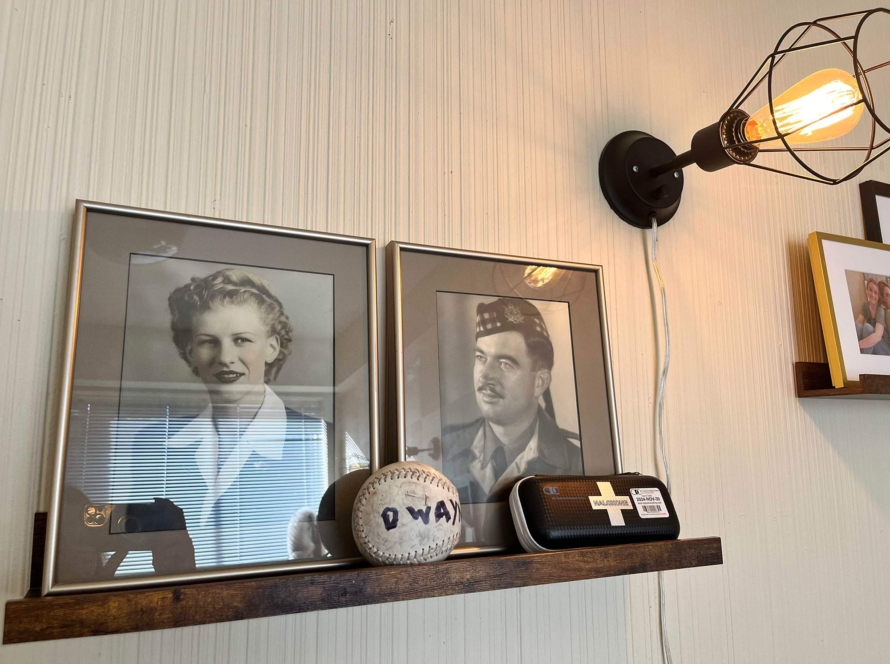I’m not going to mince words: No one should ever have to live in fear, especially in their own home. If you or someone you know is experiencing violence or harassment from a partner or family member, understanding protection orders is crucial.
This comprehensive guide will walk you through the intricacies of protection orders, ensuring you have the knowledge needed to protect yourself and your loved ones.
What is a Protection Order?
A protection order is a legal order issued by a court to protect someone from being abused, threatened, or harassed by a family member or partner. The order sets specific conditions to ensure the safety and well-being of the person seeking protection. These conditions may include prohibiting the abuser from contacting or being in the vicinity of the victim.
Who Can Get a Protection Order?
If you are experiencing violence, harassment, or fear for your safety from a family member or partner, you can apply for a protection order. It is important to note that a protection order isn’t just for spouses or romantic partners. It can also be obtained against family members, including children, parents, siblings, or other relatives.
Types of Protection Orders
In British Columbia, there are three main types of protection orders:
- Family Law Act Protection Order: This order is available to protect spouses, family members, and children. It can include conditions like no contact, no going near the family home, or surrendering firearms.
- Family Law Act Restraining Order: If a family law protection order is not available or not appropriate, a restraining order can be requested. It’s applicable if there’s a risk of family violence but the parties involved aren’t family members, such as a dating relationship.
- Peace Bond: A peace bond can be obtained if there are reasonable grounds to fear that someone may cause personal injury to you or your family members, damage your property, or harm your pets.
How to Apply for a Protection Order
Applying for a protection order involves several steps:
- Contact a Lawyer: While it’s not mandatory to have a lawyer, seeking legal advice will help you understand your rights and navigate the process effectively.
- Fill out the Forms: You can obtain the necessary forms from the court registry or online. These forms will require information about the person you are seeking protection from and details of the abuse. Here’s a step-by-step guide.
- File the Forms: Once the forms are completed, they need to be filed at the court registry. There may be fees associated with this step, but they can be waived if you can’t afford them.
- Court Hearing: After filing the forms, a judge will review your application. They may request a hearing to further understand the situation before issuing a protection order.
What Happens After a Protection Order is Granted?
Once a protection order is granted, it’s essential to keep a copy of the order with you at all times. You should also provide copies to the police, your workplace, your children’s school, and any other relevant parties. Violating a protection order is a serious offense and can result in criminal charges.
Protection Order Registry
The Protection Order Registry is a confidential database where protection orders issued by the court are stored. This registry allows police officers to quickly verify the details and conditions of a protection order. It’s important to note that only protection orders that include a “no contact” order are included in the registry.
In cases of domestic violence or harassment, protection orders play a crucial role in ensuring the safety and well-being of individuals and families. By understanding the types of protection orders available and the process of obtaining them, you can take the necessary steps to protect yourself and your loved ones.
How a Private Investigator Can Support Your Application for a Protection Order
In situations where evidence of abuse or harassment is needed to support an application for a protection order, a Private Investigator can be an invaluable resource. As a Private Investigator, we can gather evidence, such as photos, videos through covert surveillance, or obtain witness statements, that can strengthen your case.
We can also help locate and serve the respondent with legal documents, ensuring that the process moves forward smoothly. By providing concrete evidence of the abuse or harassment, a Private Investigator can significantly increase the likelihood of a successful application for a protection order.
Remember, you’re not alone, and we can support you through this process. Let’s talk today. Email: info@recoveragency.com
If you or someone you know is in immediate danger, call 911. For confidential support, contact VictimLinkBC at 1-800-563-0808. And if needed, here’s a link to Legal Aid BC.



